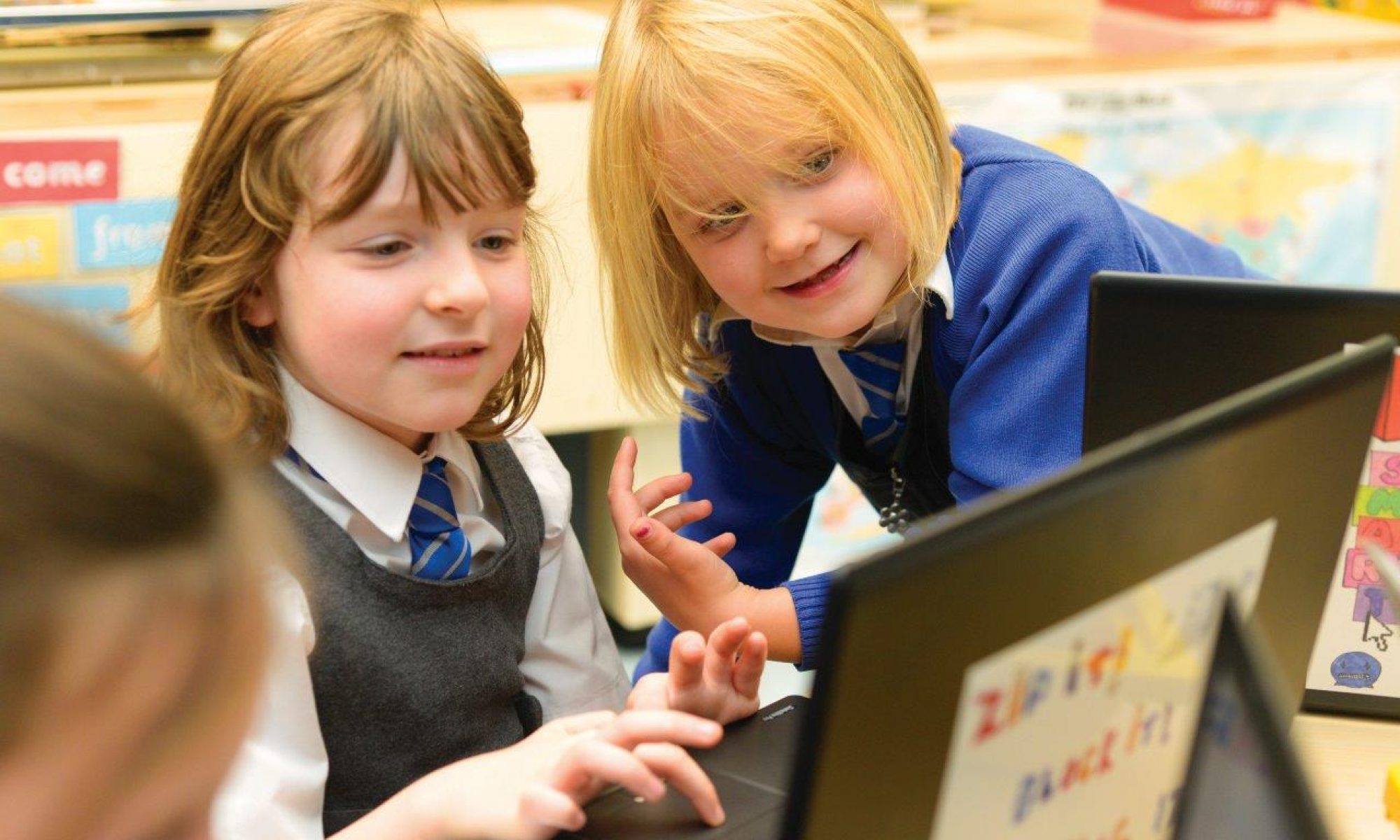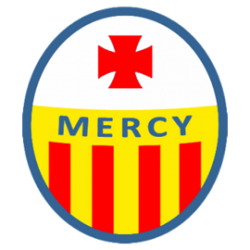March 2022 – Our Topic – Memorial Sacrifice
This topic explores the importance of memories. A main focus is the feast of Passover (Pesach) for the Jewish people and how this is where they remember how God enabled their ancestors to escape slavery in Egypt to become free.
Catechism of the Catholic Church
Believers who respond to God’s word and become members of Christ’s Body become intimately united with him: “In that body the life of Christ is communicated to those who believe, and who, through the sacraments, are united in a hidden and real way to Christ in his Passion and glorification.’ This is especially true of Baptism, which unites us to Christ’s death and Resurrection, and the Eucharist, by which ‘really sharing in the body of the Lord, we are taken up into communion with him and with one another.” (CCC790)
The inexhaustible richness of this sacrament is expressed in the different names we give it. Each name evokes certain aspects of it. It is called:
Eucharist, (Thanksgiving) because it is an action of thanksgiving to God.
The Lord’s Supper, because of its connection with the supper which the Lord took with his disciples on the eve of his Passion.
The Breaking of Bread, because Jesus used this rite, part of a Jewish meal, when as master of the table he blessed and distributed the bread, above all at the Last Supper. It is by this action that his disciples will recognise him after his Resurrection.
The memorial of the Lord’s Passion and Resurrection.
The Holy Sacrifice, because it makes present the one sacrifice of Christ the Saviour and includes the Church’s offering.
Holy Communion, because by this sacrament we unite ourselves to Christ who makes us sharers in his Body and Blood to form a single body.
THE BIG QUESTION – Why do we need memories?
RE HOME LEARNING (SACRIFICE)
– In the story of Moses, ten plagues are unleashed on the Egyptians. Find out what these plagues were and in what order they occured. Perhaps you could produce pictures showing the plagues. (The deadline for this is 18th March 2022)
JANUARY 2022- OUR TOPIC – MISSION
RE Home Learning
Lent Term-Part 1
Our Topic to start off this term is ‘Mission’.
This topic is rooted in the areas of Local Church and community. In this topic we learn about Jesus’ Mission and how the 12 Apostles were called to continue his mission. Today, the Catholic Church, through its parishes and dioceses, carries on this work today. The children reflect on their role in this and how, since being baptised, they have had a mission to spread the Good News through word and action.
Some questions of ‘Meaning and Purpose’ addressed through this topic:
What inspires people in their mission?
What are the joys and demands of accepting a mission?
Why do people want to help others?
Our Big Question – Do we all have a mission in life?
‘God has created me
To do Him some definite service.
He has committed some work to me
Which he has not committed to another.
I have my mission.’
John Henry Newman
Key Vocabulary in this topic:
Mission, bishop, ecumenism, cathedral, apostle, disciple, Good News, diocese, inspirational, Baptism, Christian Unity, Gentile
Homework Activity
In the Mission topic, we study ecumenism.
Each year in January and or Pentecost, there is a week of prayer said throughout the Dioceses for Christian Unity.
12 For just as the body is one and has many members, and all the members of the body, though many, are one body, so it is with Christ. 13 For in the one Spirit we were all baptized into one body—Jews or Greeks, slaves or free—and we were all made to drink of one Spirit.
Corinthians 12
HOME WORK TASK Design a poster based around Corinthians 12. Include some of the words and phrases. (To be handed in by Wednesday 2nd February)
Year 5 RE Topic Autumn September to October – OURSELVES
The first RE topic we will study in Year 5 is called ‘Ourselves’.
At the end of the topic, the children should be able to answer the question : ‘Who am I?’
They will learn that each person is made in the image and likeness of God. To know ourselves and to appreciate that our value is central to our well-being.
From the Catechism of the Catholic Church: ‘Knowing the unity and true dignity of all. Everyone is made in the image and likeness of God.’
Scripure
From the book of Genesis, a Greek word meaning ‘becoming’ or ‘beginning to be made’. It is the very first book in the Bible and tells us about the beginnings of the world. In it we are told that God made us all just to be like God – made in God’s image and likeness.
Then God said: “Let us make people to be like ourselves.
Men and women who can know and love me
and know and love one another;
and I will give them charge of the fish of the seas,
the birds of the sky, and all the animals wild and tame
and all the reptiles that crawl upon the earth.”
So God created men and women
who could love and care for the world and everything in it
and could love and care for one another;
men and women who could know God
and love and serve God.
God blessed them and said to them:
“Fill the world with people; look after the world;
look after one another;
take care of the fish and the birds, the animals and the
reptiles,
the trees and the flowers and the plants.”
And so it was.
God saw all creation and indeed it was very good.
Suggestions for homework activities
Make a collage using family photographs of all the significant family members—grandparents, parents, children, aunts, uncles etc. who show God’s love (Include those who have died. )
Write underneath it
“We show God’s love to one another.”
It would be nice if the children brought in their collages for a classroom display.
DECEMBER 2020
OUR TOPIC : HOPE
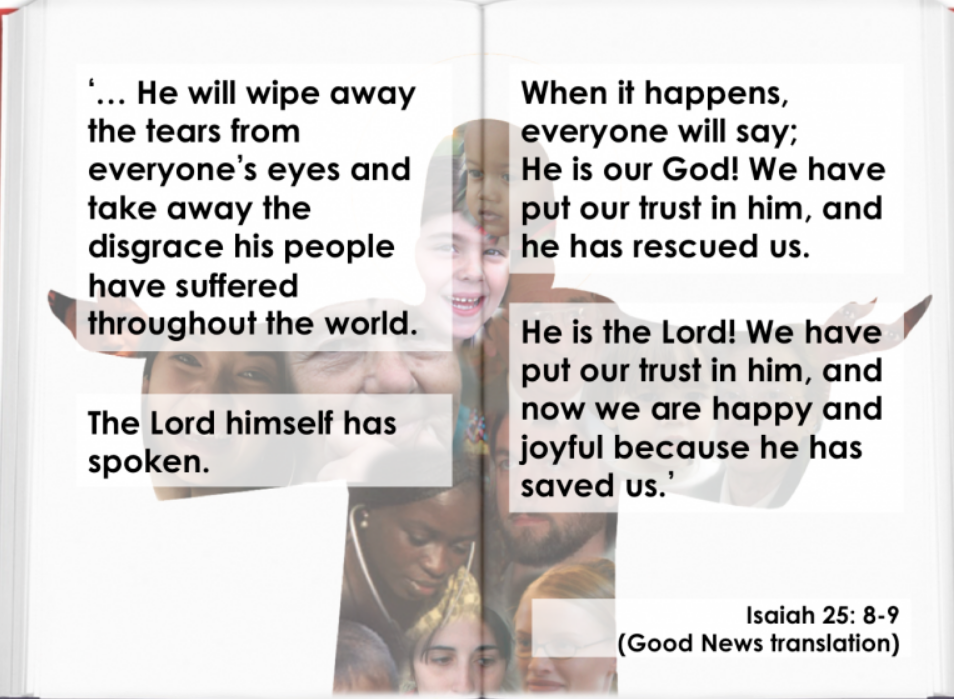
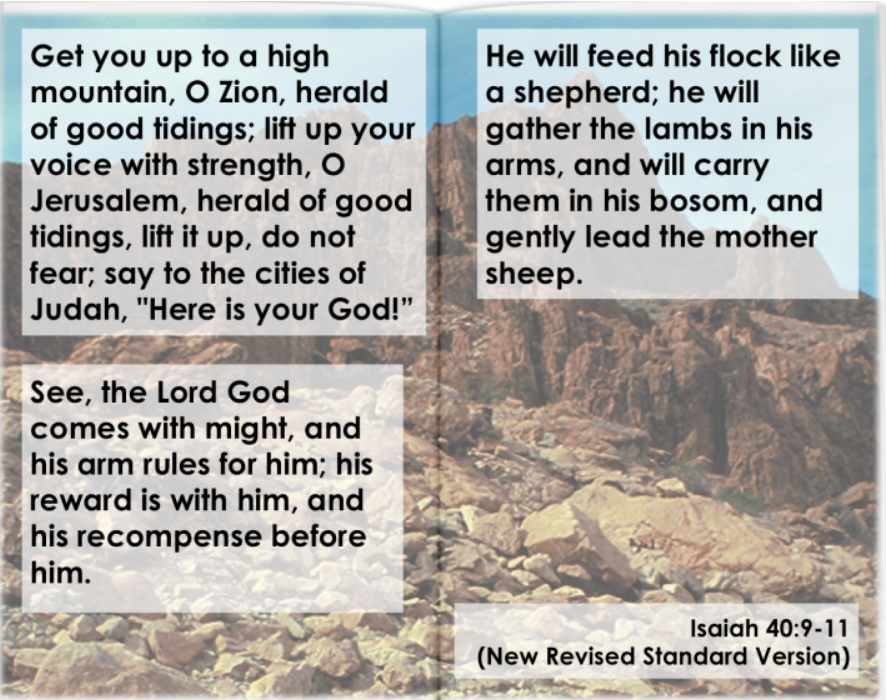
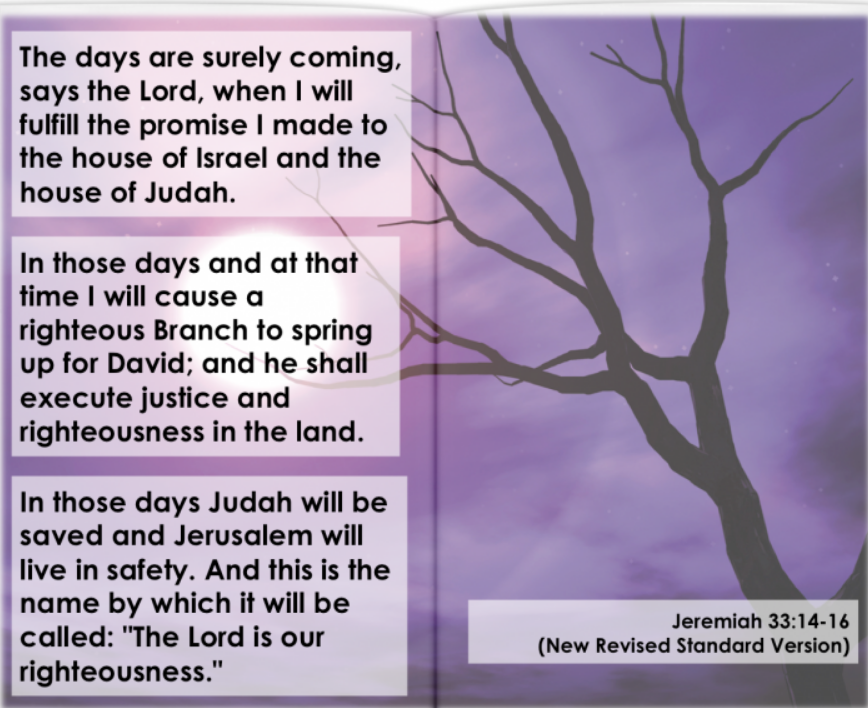
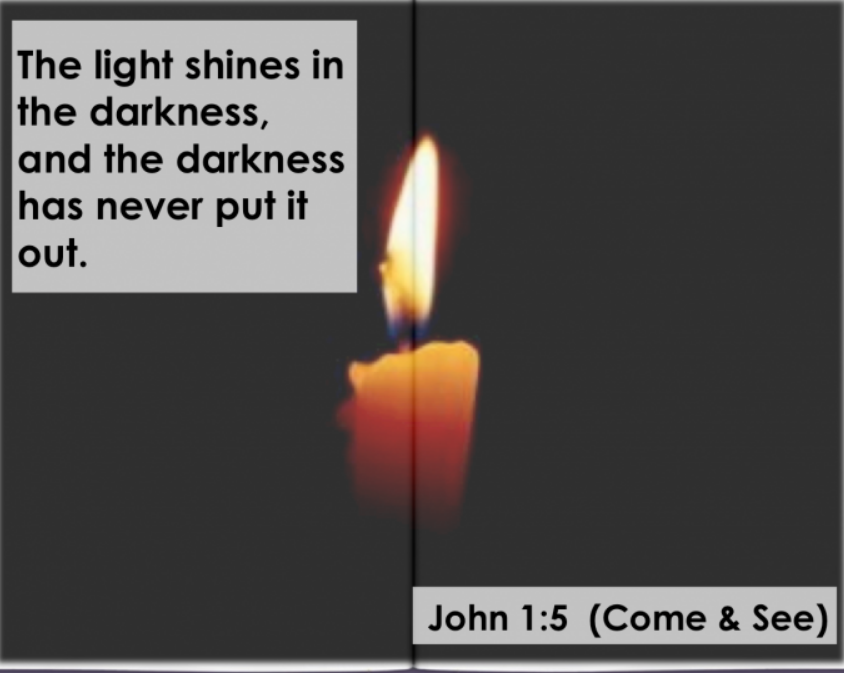
REVEAL
Advent is a time when we appreciate the love in our lives and prepare to celebrate love becoming a reality in the person of Jesus. Christians at Christmas celebrate the gift of Jesus, given by God as a sign and expression of God’s love. Giving and receiving reflects the truth that all life is given by God and life is given meaning through the gift of Jesus.
Word of God
“This is what love is: it is not that we have loved God, but that he loved us and sent his Son to be the means by which our sins are forgiven. Dear friends, if this is how God loved us, then we should love one another. No one has ever seen God, but if we love one another, God lives in union with us, and his love is made perfect in us.”
Catechism of the Catholic Church
(1 John 4: 10-12)
“Christ’s whole earthly life – his words and deeds, his silences and sufferings, indeed his manner of being and speaking – is Revelation of the Father. Jesus can say: ‘Whoever has seen me has seen the Father’, and the Father can say: ‘This is my Son, my Chosen; listen to him!’ Because our Lord became man in order to do his Father’s will, even the least characteristics of his mysteries manifest ‘God’s love … among us.” (CCC516)
Homework Task
In class we we will make our own Jesse Tree. I must confess that this was something of which I had never heard when I was at primary school. Attached are instructions and background information on making a Jesse Tree which you could use to make your own at home (this homework is optional).
OCTOBER 2020
CATEGORY: OUR CLASSES
Year 5 RE Topic Autumn October to November – Life Choices
This Topic looks at the Sacraments of Marriage and Holy Orders. As part of the topic, they will have to explain the symbolism and underlying Catholic Catechism pertaining to marriage. I have produced a sheet with notes and some prompt questions. Children do not need to produce written answers for this homework but should make themselves aware of the body of the text and be able to discuss it.
Some of the ideas in the text are quite challenging and you may wish to discuss them with your child to support them in their understanding.
.
.
POSTED ON 19TH MAY 2019
Year 5 Freedom and Responsibility
The themes of our next topic are inter-relating and reconciliation.
The Topic is called ” Freedom and Responsibility”.
The children we look at situations where responsibility has been given and how we are required to use our judgement and exercise our freedom sensibly.
In scripture , we will look at the Ten Commandments and discuss how rules give us the opportunity for choice and freedom.
How do the Ten Commandments contrast with the Beatitudes?
Finally, we will see how, when rules are broken, the need for forgiveness and reconciliation are paramount.
The Big Question for this topic is: How do rules bring freedom?
PRAYER:
God our Father, you have given us freedom in our lives.
With this freedom we can bring sorrow or joy to ourselves and to others.
Help us always to use our freedom in a responsible way.
We make this prayer through Christ our Lord. Amen.
FREEDOM & RESPONSIBILITY HOMEWORK TASK (For Monday 17 June)
Imagine you were asked to write a Class Charter of about five rules or guidelines.
Write and decorate your Class Charter .
Think about ( for discussion), why you chose these rules and guides and what actions should be taken if someone breaks the rules.
Following on from our work on the memories the Jewish people hold regarding Passover, our Topic is Sacrifice which looks at the message s from the Last Supper and the how we remember the sacrifice Jesus made for us during Holy Week through the Eucharist.
Lent Term-Part 2
Amidst all the work we are conducting on Holy Week in class, I would like the children to conduct some extra research on Baptist Christians. To help them, I have given them a proforma which they can use. A copy is attached below. I would like this completed by Wednesday 3rd April and have not given any English homework in order to facilitate this.
Lent Term – Part 1
Some questions of ‘Meaning and Purpose’ addressed through this topic:
What does it mean to make a sacrifice?
What are the challenges and rewards of sacrifice?
Does resisting temptation involve sacrifice?
Our Big Question – Why do we need to make sacrifices
Key Vocabulary in this topic:
Temptation, betrayal, self-sacrifice, Holy Week, Maundy Thursday ,Gethsemane,altar of repose, love, crucifixion, Easter vigil, resurrection.
Homework Activity
In the Sacrifice topic, we will be thinking about the sacrifices we make during lent and how we can avoid temptation. The task I have discussed with the children is to prepare a lenten calendar to be handed in for Wednesday 27 March.
Here are some examples of the sort of things your child could do.
